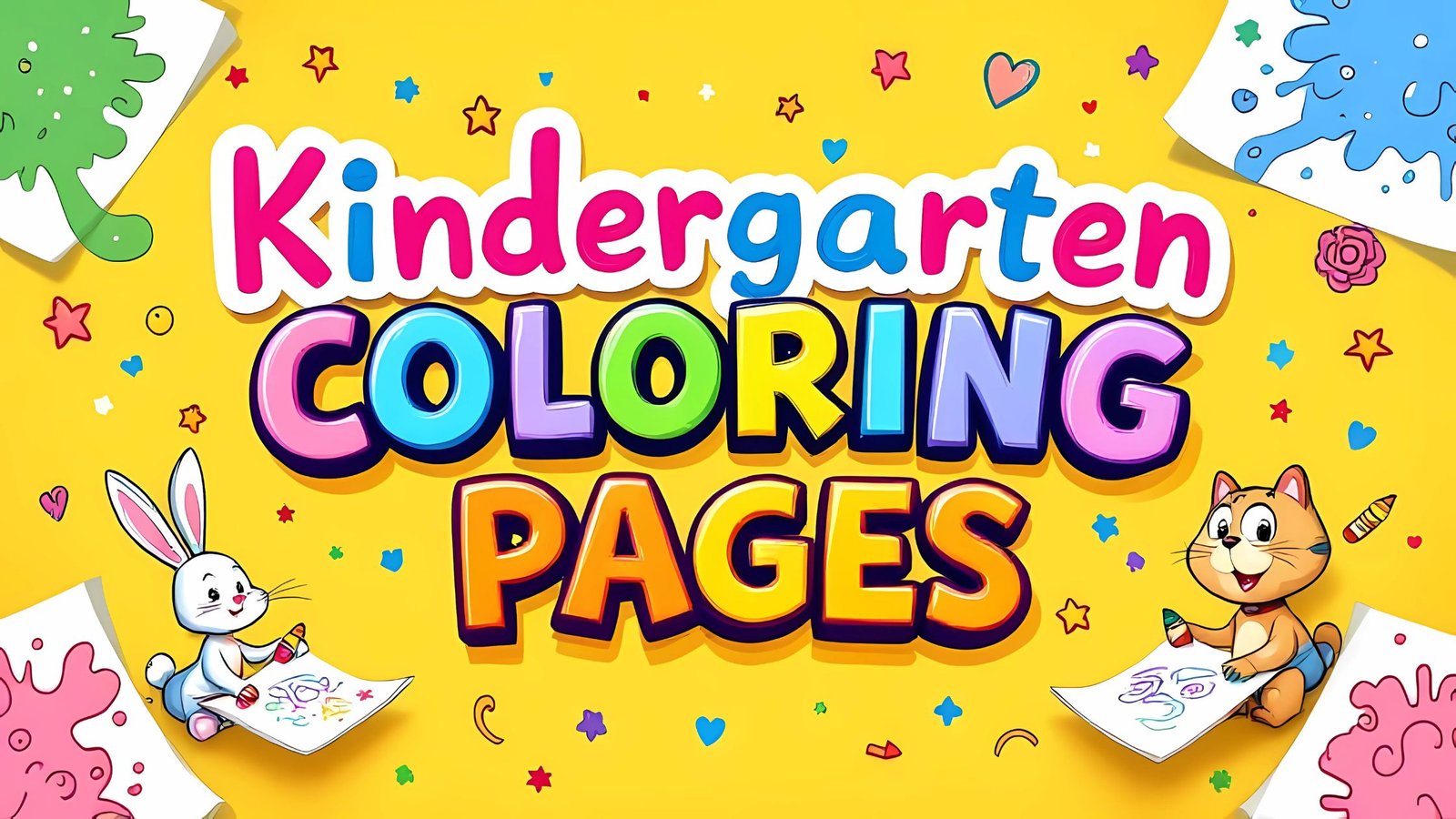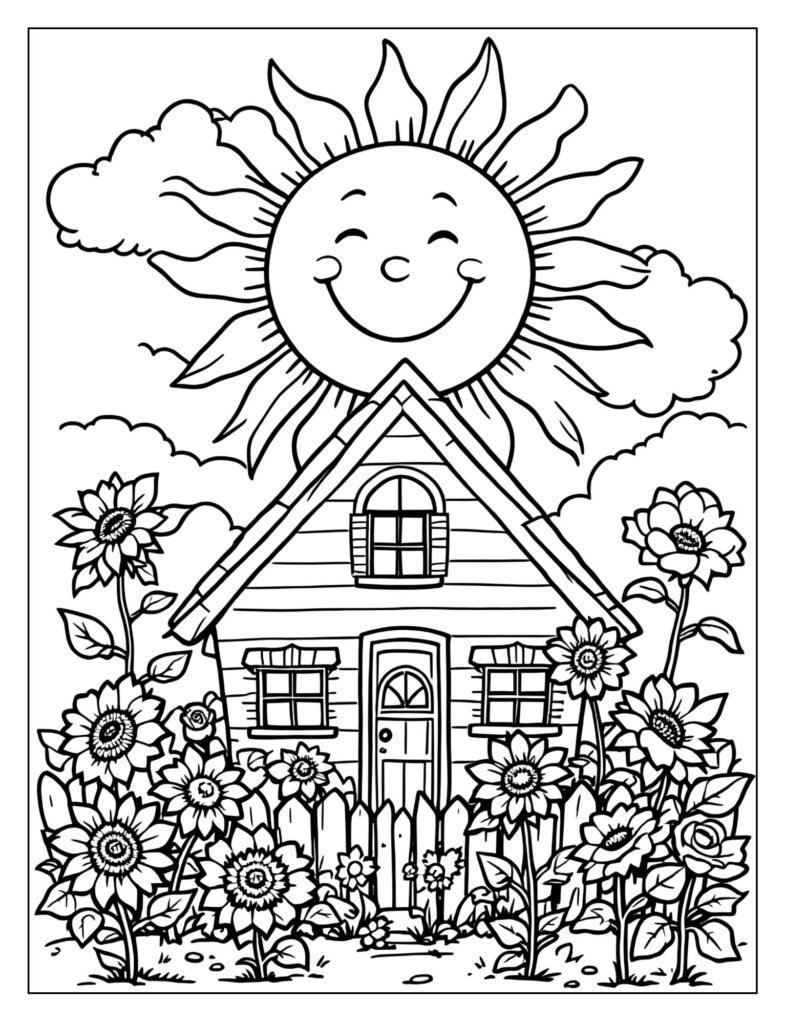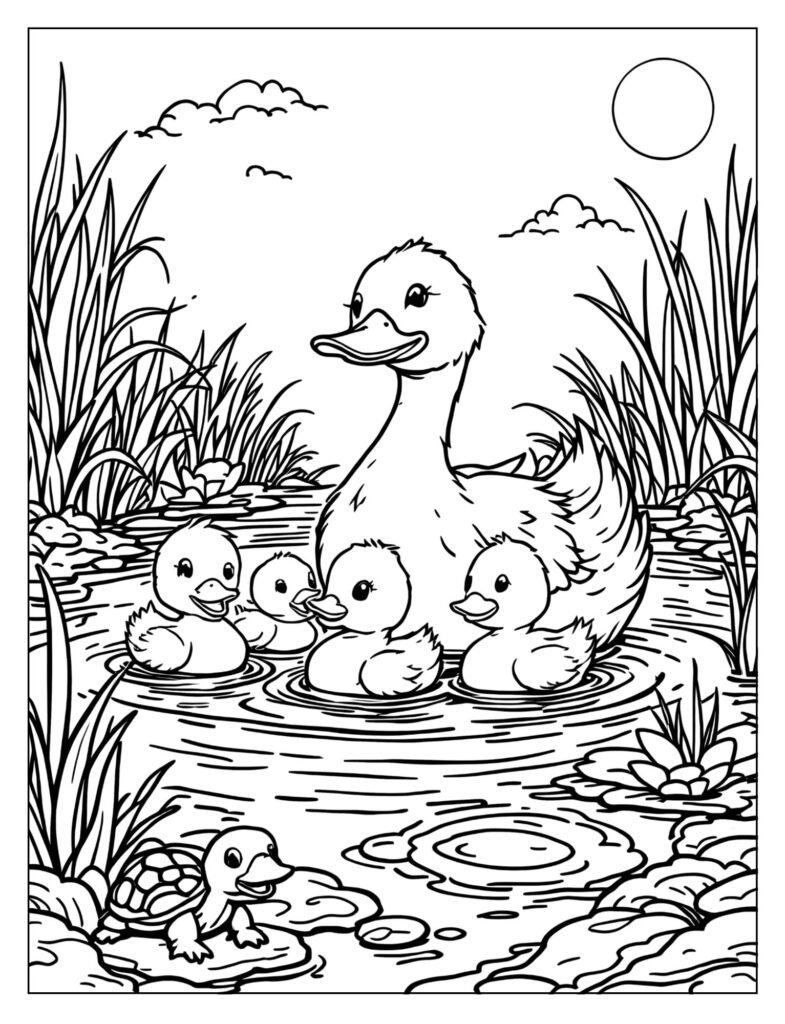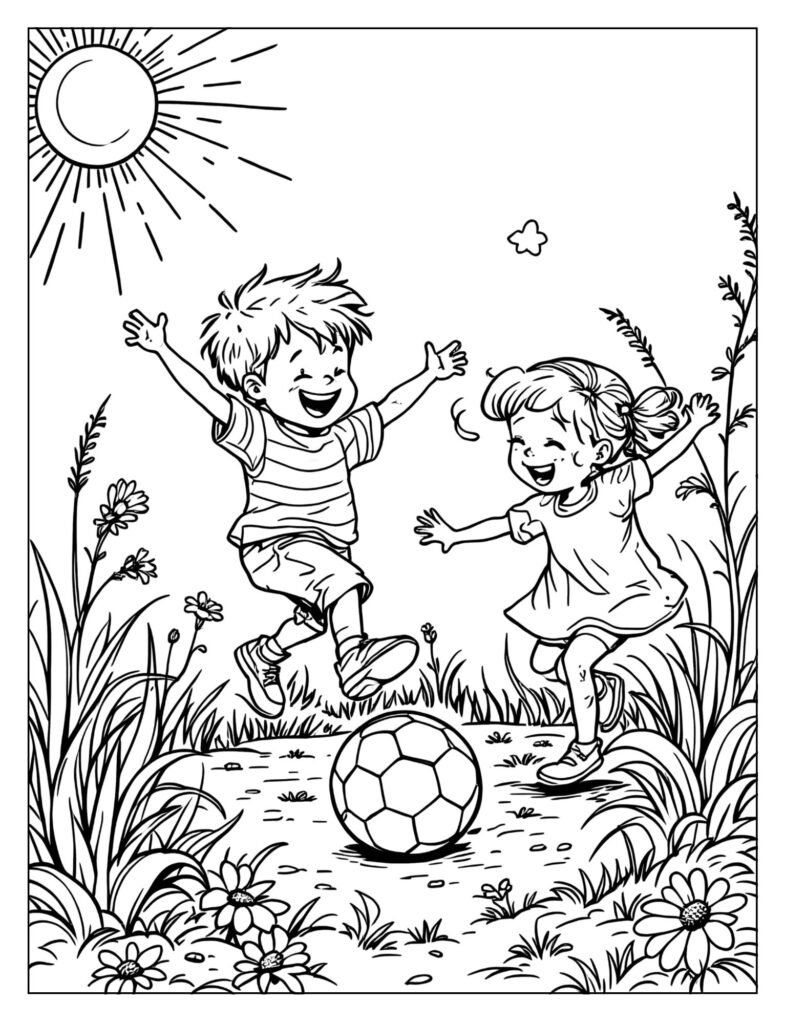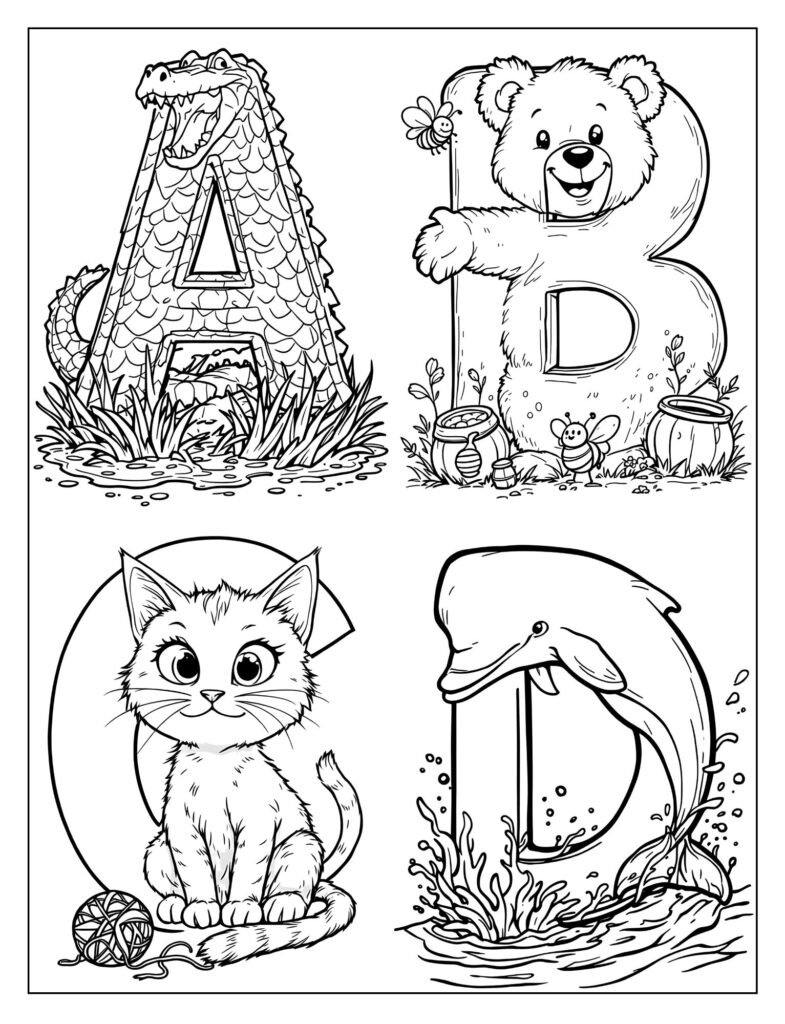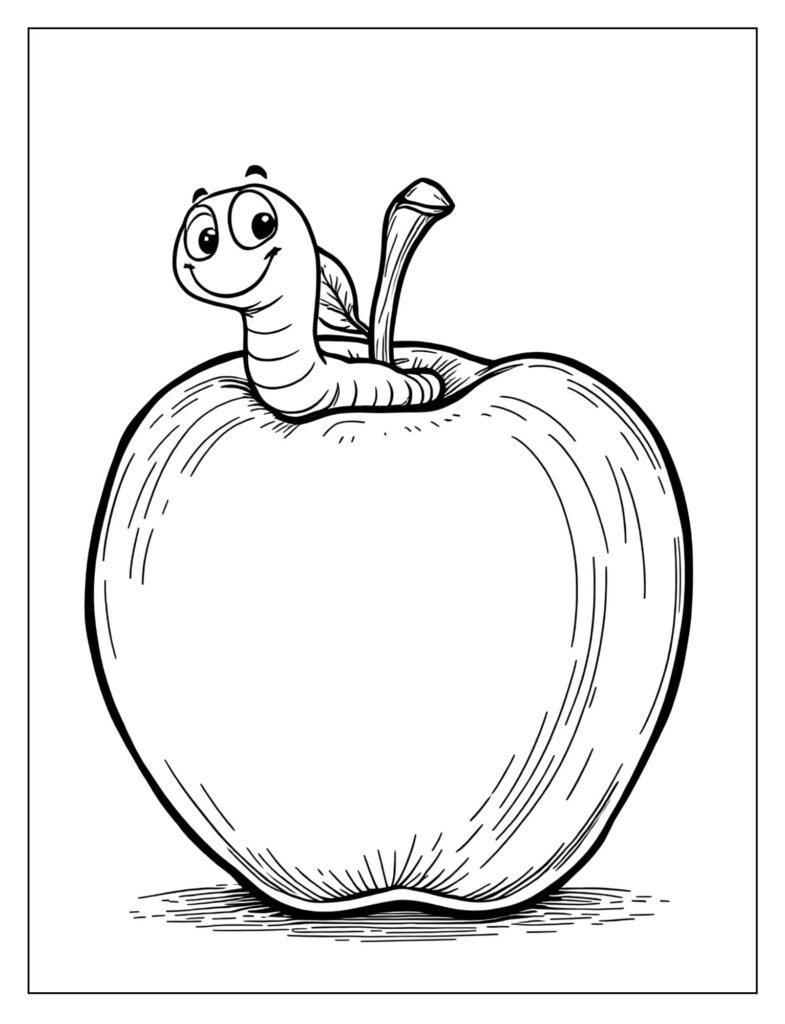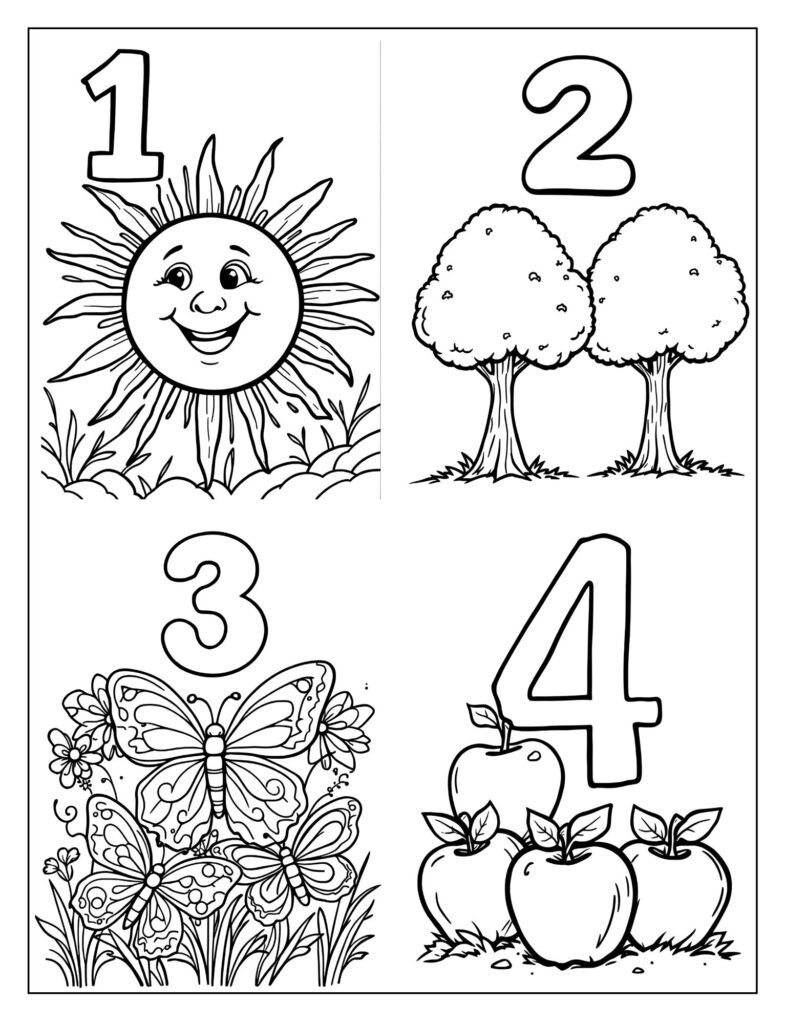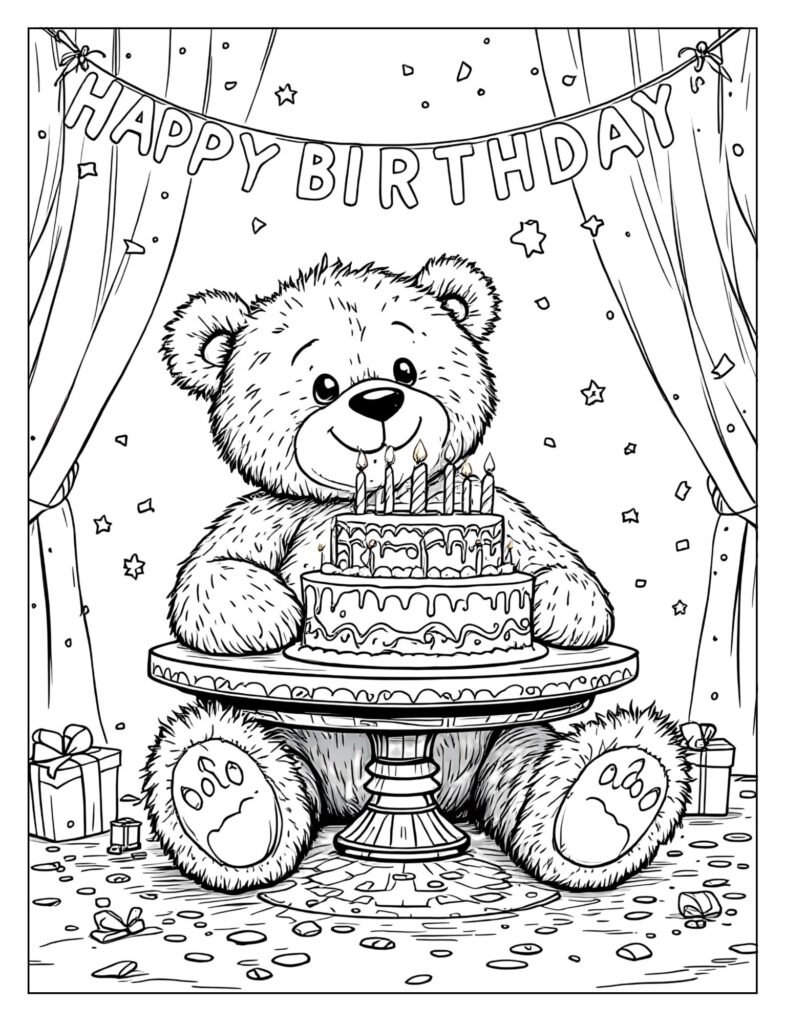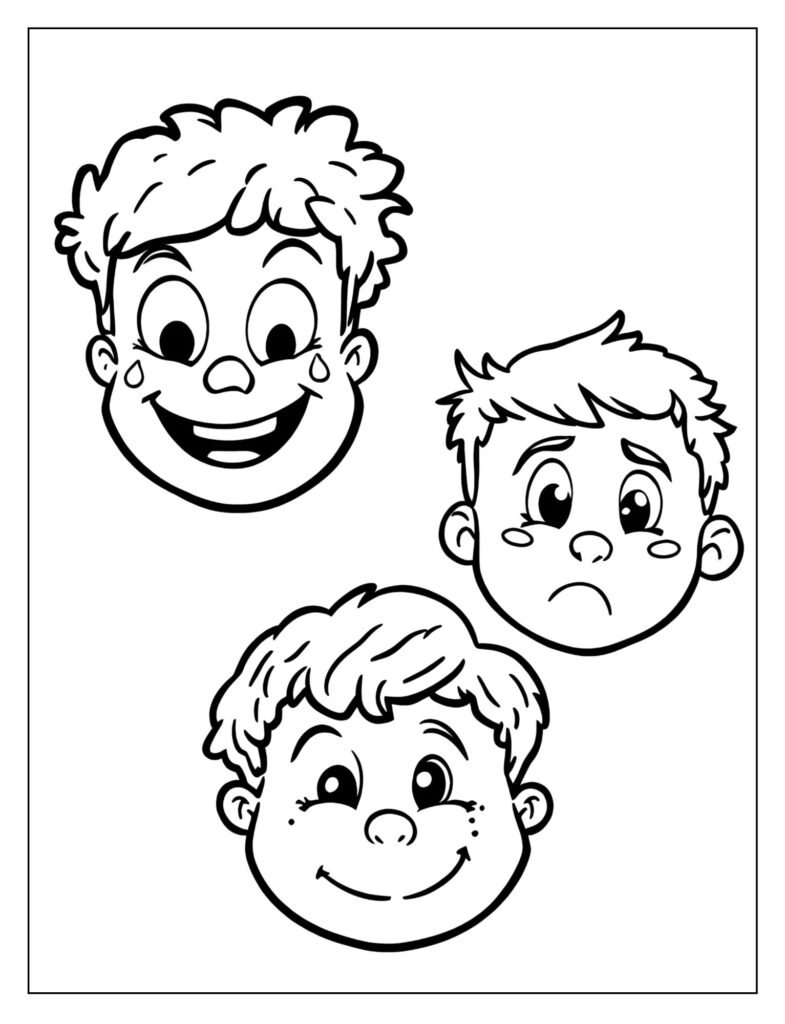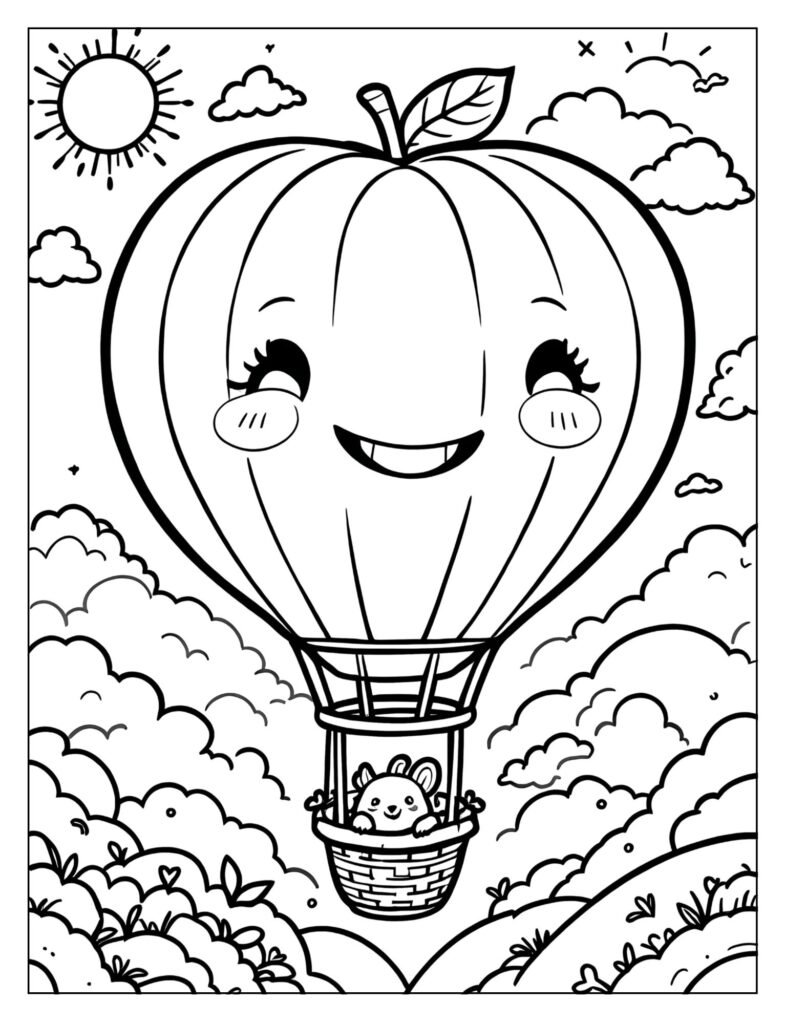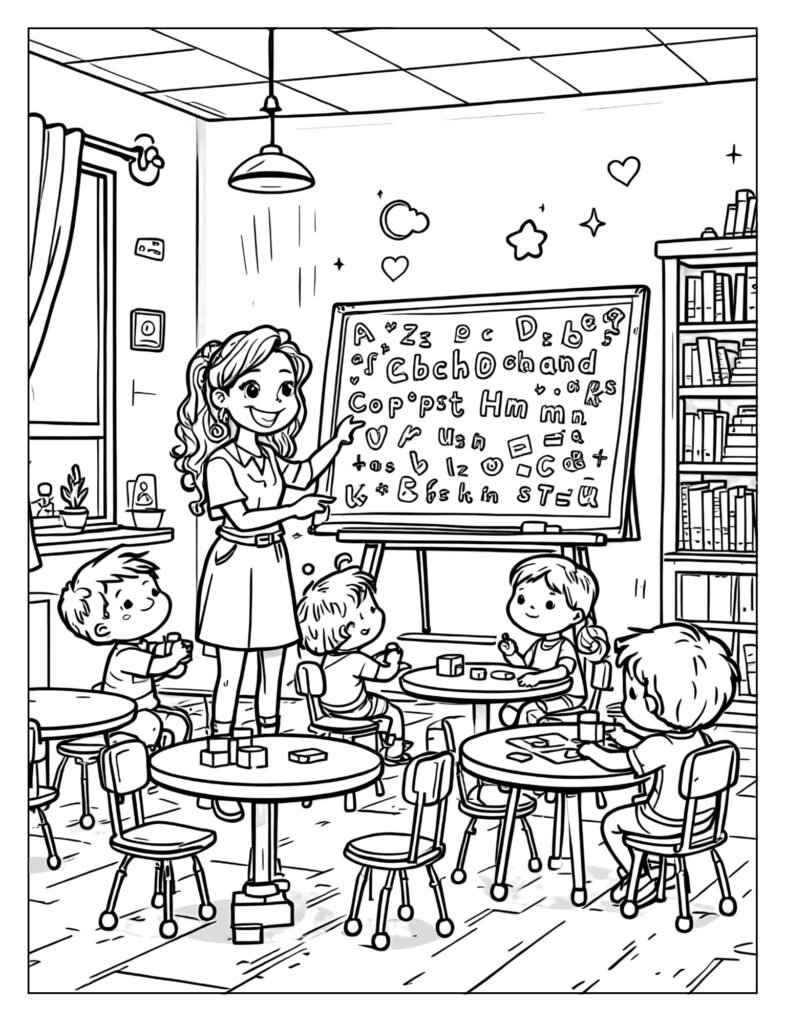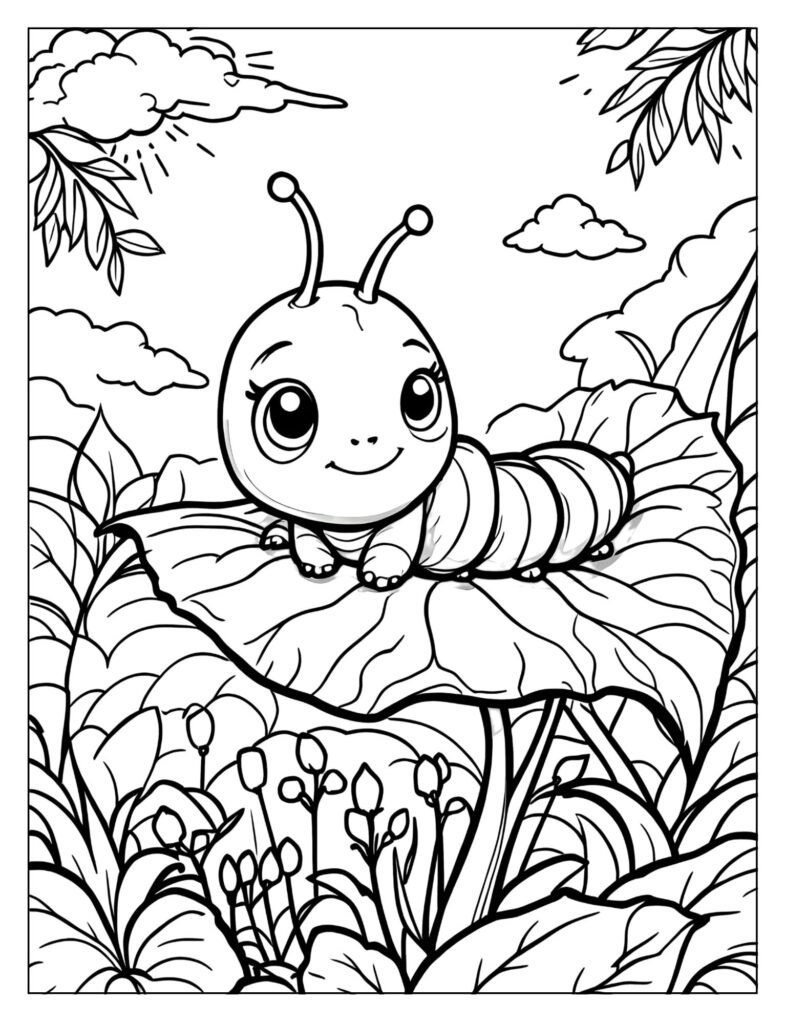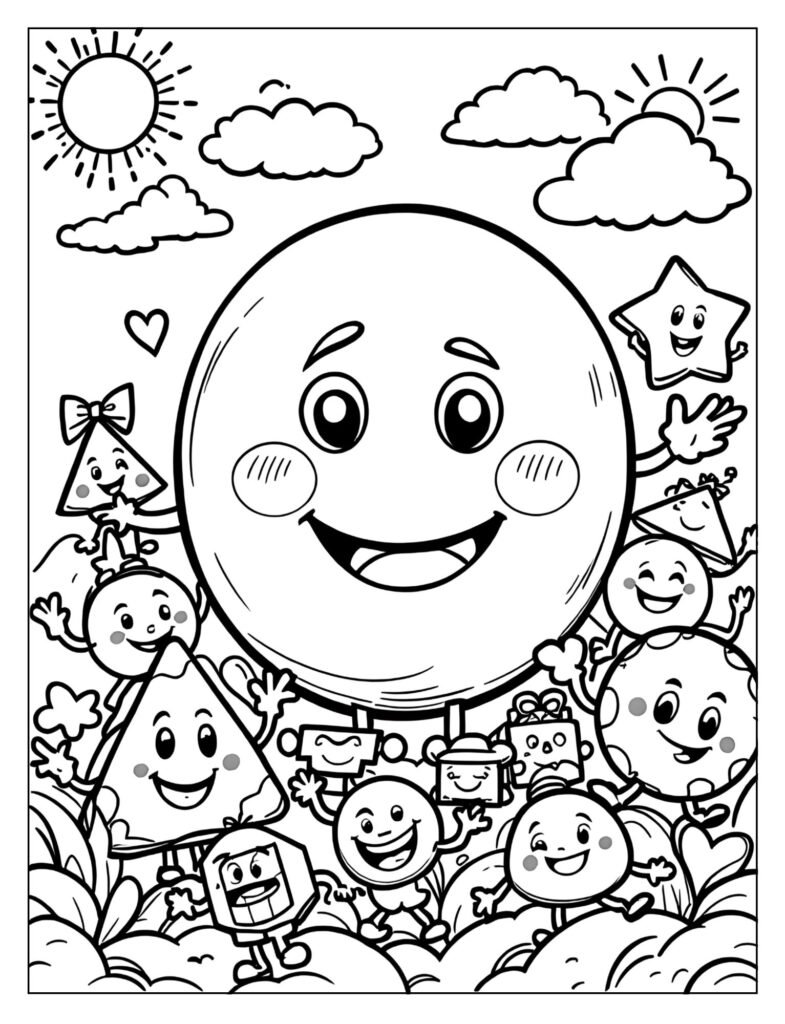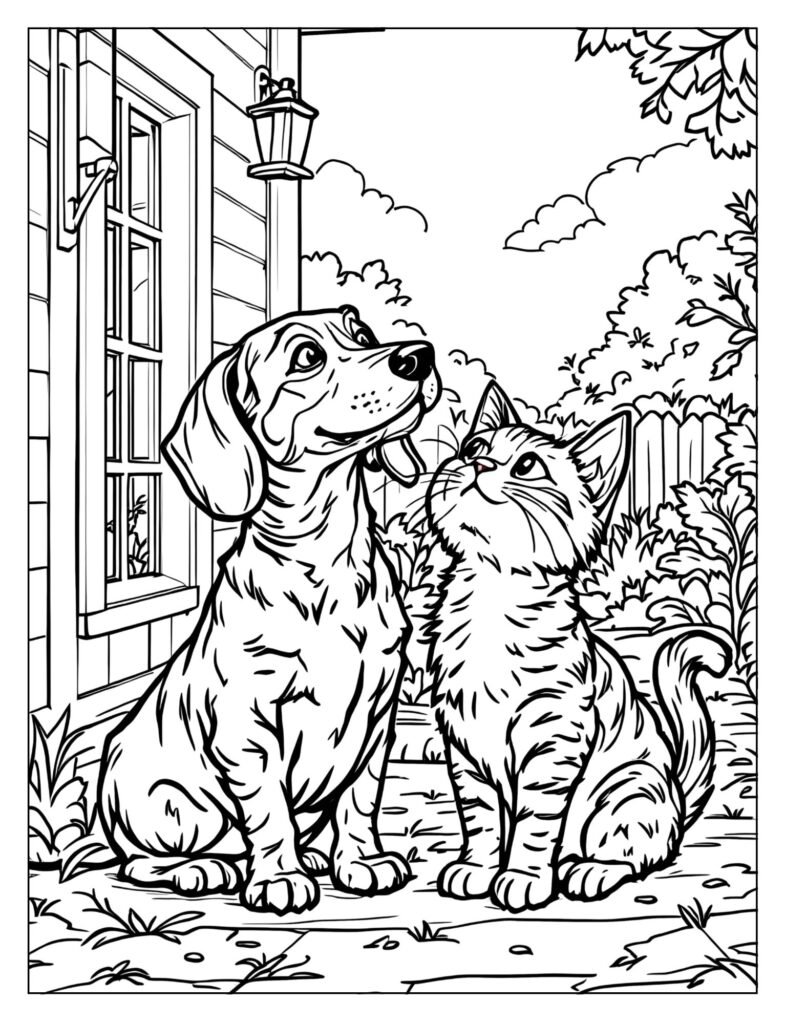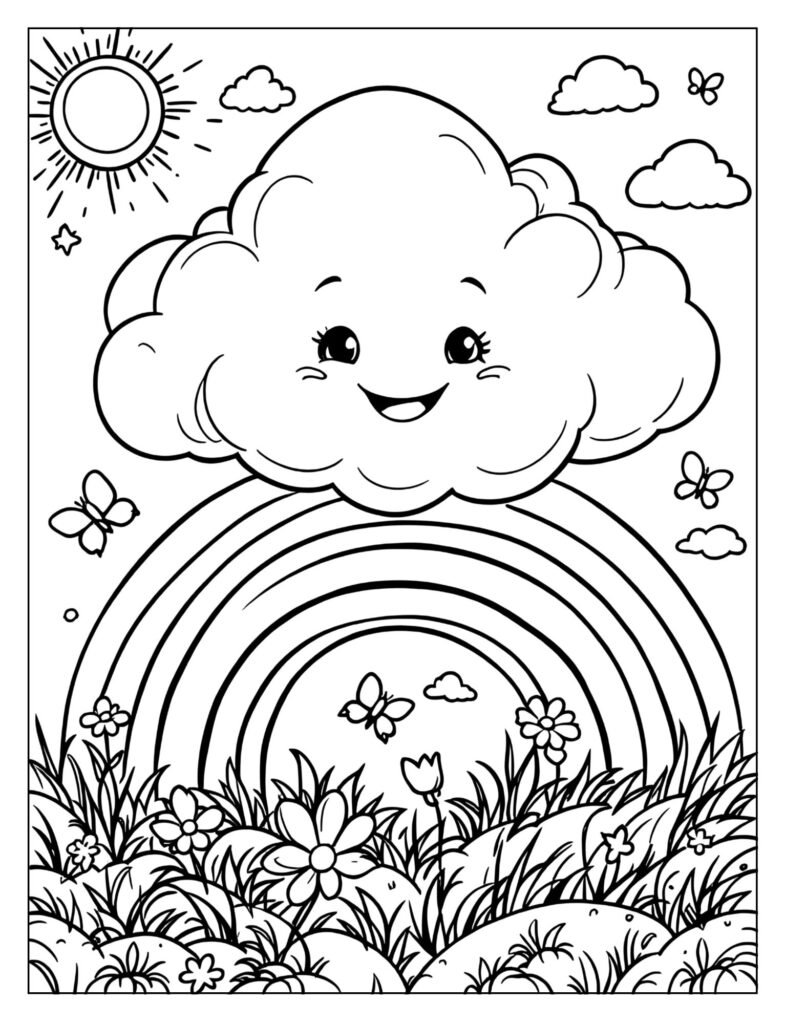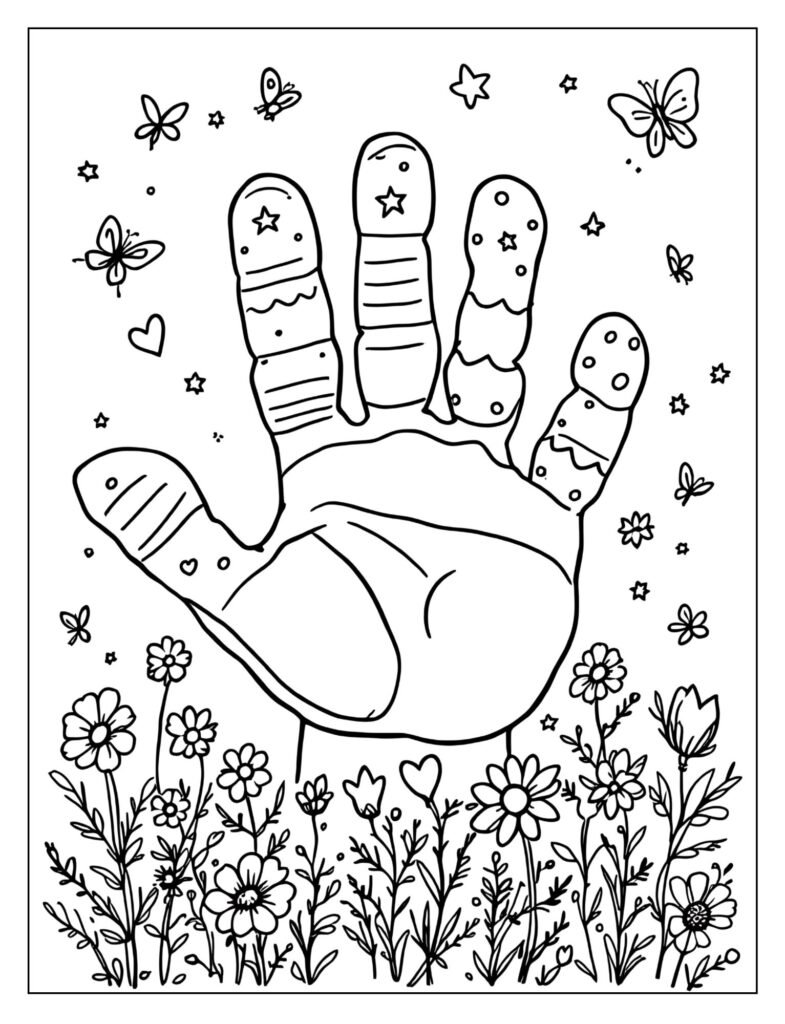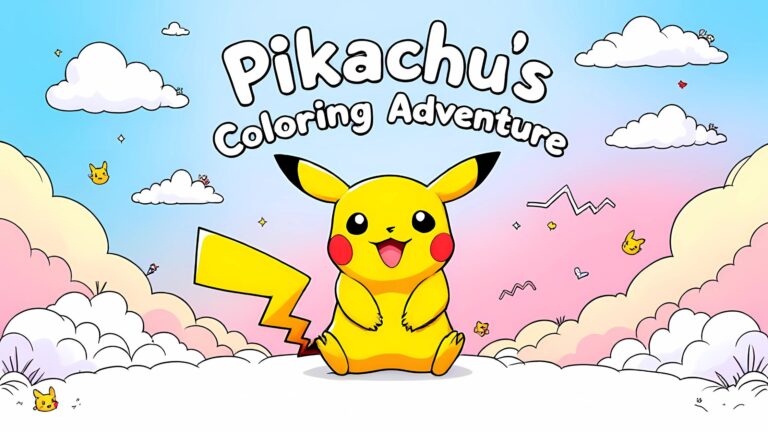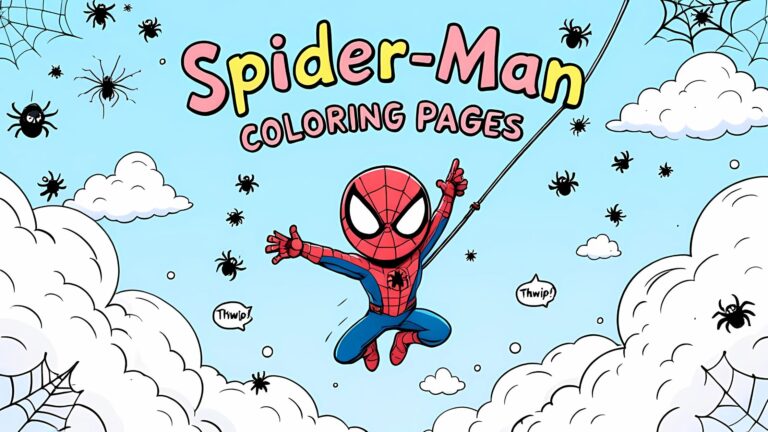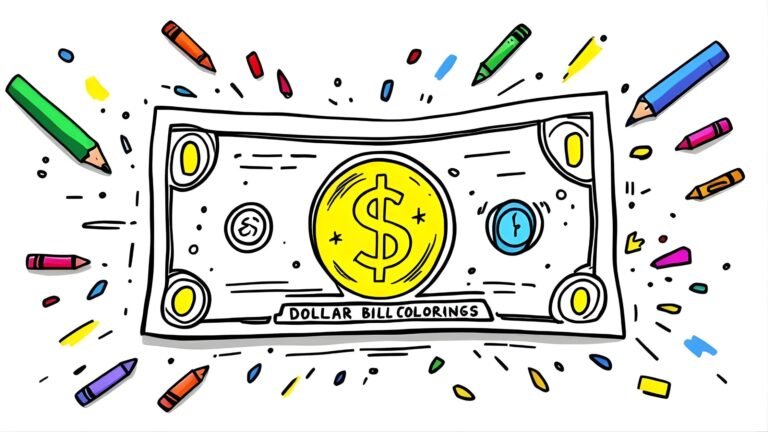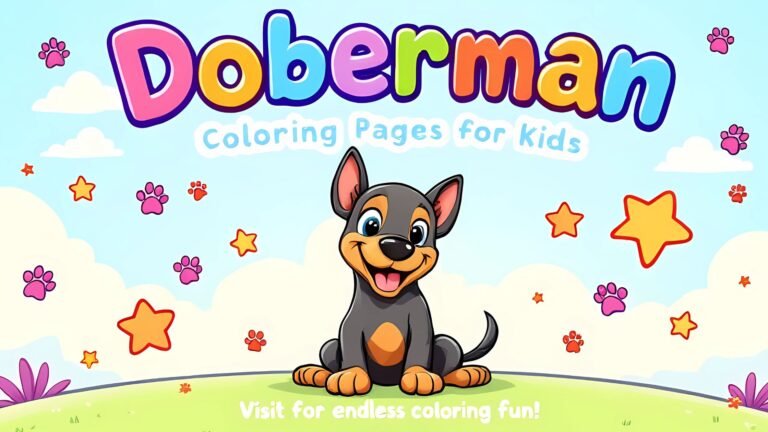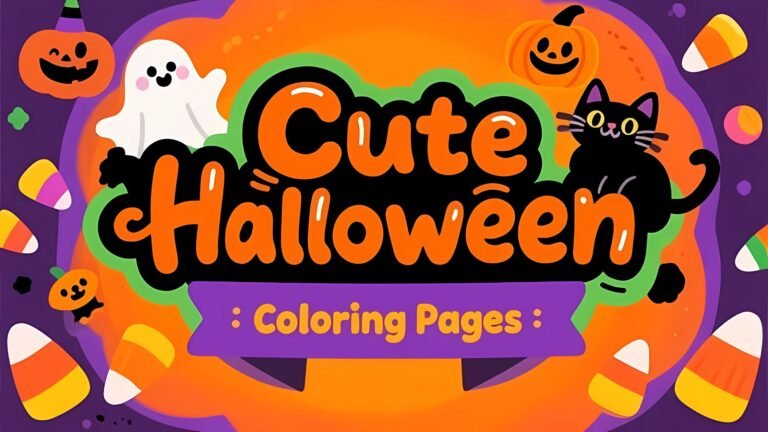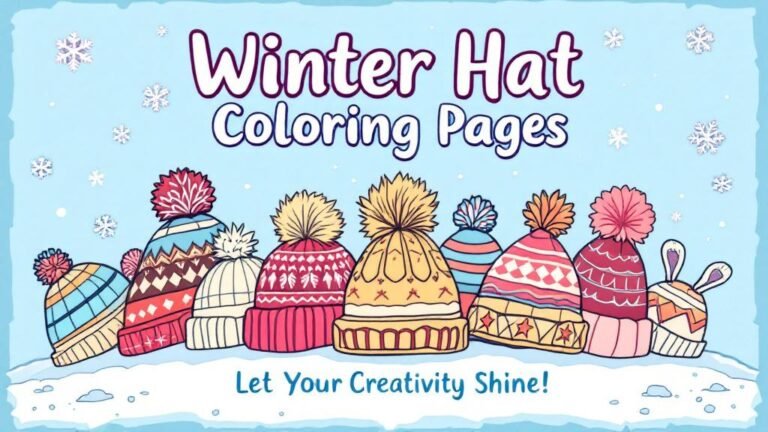15 Free Kindergarten Coloring Pages (PDF Printables)
Kindergarten is an exciting time in a child’s life—it’s where they take their first big steps into structured learning, social interaction, and creativity. Kindergarten coloring pages are a fantastic way to make this transition fun and engaging. These pages combine playful designs with early learning concepts, offering activities that help children develop important skills while expressing themselves artistically.
From simple shapes and letters to animals, nature scenes, and seasonal themes, these coloring sheets are designed with little learners in mind. They feature bold outlines, clear spaces, and age-appropriate details that make coloring both fun and achievable for tiny hands.
Best of all, they’re free to download and easy to print at home or school. Just pick your favorite page, click to download, print it on standard US Letter or A4 paper, and watch your child’s creativity come alive. Now, let’s explore what makes kindergarten coloring pages so valuable!
10 Interesting Facts about Kindergarten Coloring Pages
1. Perfect for Early Handwriting Preparation
Before children can write letters and words, they need to develop grip strength and control. Kindergarten coloring pages help by letting kids practice holding crayons and pencils correctly, building the muscle memory they’ll use for writing.
2. Introduces Shapes and Patterns
Many kindergarten coloring pages feature basic geometric shapes like circles, squares, and triangles. As children color these shapes, they naturally begin recognizing them, which is an essential math skill at this stage.
3. Supports Letter Recognition
Alphabet-themed coloring sheets allow kids to associate letters with objects—like “A for Apple” or “B for Ball.” This early letter exposure builds the foundation for reading and phonics.
4. Encourages Color Recognition
Through coloring activities, kids learn to identify basic colors and even mix them to create new shades. For example, combining yellow and blue to make green becomes a fun learning moment.
5. Develops Concentration Skills
Sitting down to complete a coloring page teaches children to focus on one task for an extended period. This helps them adapt to the longer attention spans required in kindergarten classrooms.
6. Stimulates Creativity
Kindergarten coloring pages are often open-ended, allowing kids to choose their own colors. A cat doesn’t have to be gray—it can be purple with rainbow spots! This freedom nurtures creative thinking.
7. Improves Visual-Spatial Awareness
Coloring within lines, identifying spaces, and recognizing proportions all contribute to better visual-spatial understanding, which is vital for early math and science learning.
8. Promotes Emotional Expression
Coloring can be a calming outlet for children. Whether they’re feeling happy, tired, or upset, expressing themselves through colors helps them manage emotions in a healthy way.
9. Encourages Sharing and Social Skills
In a group setting, coloring activities give children opportunities to share crayons, compliment each other’s work, and collaborate on large coloring posters—building important social habits.
10. Reinforces Classroom Themes
Teachers can use themed coloring pages to reinforce weekly topics—like community helpers, seasons, or animals. This repetition in a fun format helps cement what children have learned.
10 DIY Ideas Using Kindergarten Coloring Pages
1. Letter of the Week Banner
Print alphabet-themed coloring pages and have kids color the letter of the week. String the finished pages together to make a bright classroom banner.
2. Shape Collage
Cut out shapes from completed coloring pages and glue them onto a large sheet of paper to create a colorful shape collage. This doubles as an art and geometry lesson.
3. Color Match Game
Color two sets of the same page using different colors. Cut out the images and turn them into a matching game where kids pair identical colors and designs.
4. Personalized Name Tags
Print pages with each child’s first letter and let them decorate it. Laminate and use these as desk name tags in class.
5. Seasonal Wall Murals
Choose seasonal coloring pages—like pumpkins for fall or flowers for spring—and display them together to create a giant wall mural that changes throughout the year.
6. DIY Storybook
Bind together themed coloring pages (like animals or transportation) and ask kids to dictate a sentence about each page. Write their words under the pictures to make a collaborative class book.
7. Reward Chart Stickers
Shrink coloring page images, print them on sticker paper, and let children color them. Use the stickers as part of a classroom reward chart.
8. Playdough Mats
Laminate coloring pages and use them as playdough mats. Kids can roll dough to “fill in” shapes or trace outlines for a tactile experience.
9. Puppet Making
Color and cut out characters from pages. Attach craft sticks to make puppets for storytelling and dramatic play.
10. Classroom “Museum”
Host a mini art show where kids display their best-colored pages. Invite parents or other classes to visit, encouraging pride in their work.
Final Thoughts
Kindergarten coloring pages aren’t just a way to keep kids busy—they’re an essential tool for early learning. From building fine motor skills and color recognition to boosting creativity and confidence, these pages play a big role in a child’s first school experiences. They can be used for solo play, group projects, or even take-home activities, making them incredibly versatile.
By incorporating these coloring sheets into daily routines, parents and teachers can create a fun, low-pressure environment where children can explore their artistic abilities while reinforcing important academic concepts. The joy and learning they bring make them a must-have in every kindergarten classroom and home.

